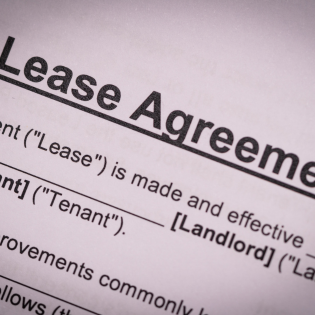Why is family business succession complex?

In pure family business successions, buyer and seller have high levels of knowledge of the business unlike deals involving an outside buyer for whom various types of due diligence raise issues previously unknown to them. Knowledgeable family members on both sides in a succession should address the implications of the knowledge they have, and they need some pragmatism to achieve workable solutions to achieve the succession.
The seller is likely to wish to preserve the business’ family character and independence. Meanwhile non-family managers will be concerned for their futures and terms of employment. There will be other stakeholders with interests which may include the tax authorities, regulators, the workforce, the local community or lenders who will also want reassurance that their interests are satisfied, even enhanced, by the succession. These interests will be of many types and some of them may conflict.
The seller may have to decide the succession on a compromise of business logic and family logic. Each of these lines of logic may provide different, but not holistic solutions to the succession. The seller considers this whilst also being owner, manager, family member and member of the local community, giving the incumbent clashing interests within themselves.
It is likely the family business is the largest element of the seller’s wealth. Through the succession they will get a sum probably to use as a pension or to distribute within the family. Any distribution will require careful consideration as a once in a generation reallocation of wealth within the family. The use of the sum as a pension will require careful investment consideration.
The succession transaction itself will raise multi-disciplinary issues for the buyer and seller to consider, including finance, legal and tax issues. This will be particularly so if the succession involves some corporate restructuring. Succession is a suitable time to consider restructuring issues. All this will require professional advice including legal advice.
On the finance side, family business shares are usually illiquid. Therefore, valuation of the business should be carefully done. It may involve explicit assumptions and comparisons with careful consideration of the merits and disadvantages of different pricing methodologies. There may also be a discount applied to the figure to ensure an affordable family succession and also to cover various issues raised as part of the succession transaction.
Gaps in information on both sides will need to be bridged to reach the price. The seller will worry about the ability and plans of the successor to look after the incumbent’s creation. The successor may be concerned about the seller setting up in competition. These issues will be of particular concern to outside parties buying minority shares. Earn out and damages clauses may be particularly relevant in that context.
Succession planning takes years and should not be packed into one corporate transaction; the underlying content of the corporate transaction is the outcome of earlier work. The successor(s) need to be identified and trained up. The seller’s exit package needs to be designed and agreed. Market and family circumstances may require these plans and actions to be amended. It is worth having a 5 to 10 year period for a smooth transition within a family. A transfer of ownership and management to employees may be feasible to plan and execute over 3-4 years. An outside sale may still take 1-2 years to find an interested buyer; bad economic circumstances may extend that.
Therefore, having a structured approach to succession will help. Firstly, clarify the parties aims and priorities. This will assist at later stages. It will raise the parties’ values and vision, so key underlying points are considered. This enables the strategy of the business to be confidently reviewed as a second stage in light of this. This leads to a third stage where the transfer of responsibility is planned. Based on these three stages, the business can now be valued as a fourth stage. It follows from this fourth stage that, fifthly, the financing can now be sought and arranged. Finally, the sixth stage involves one or more transactions in which the formal changes in ownership, management and the financing can be legally implemented on the agreed timeline. Openness to legal and tax advice at the earlier stages will avoid surprises at the final, transactional stage. That said, tax or legal tricks should not drive or be the foundation of a transaction. Such strategies can be turned into major problems for the business with a change of the law.
Clearly family business succession has its complexity. For it to be successfully executed requires discussion, pragmatism, planning, time, advice and a structural approach. My colleagues and I at Nexa are available to discuss family business succession issues with business families needing advice.
For more information please contact Henry Clarke using henry.clarke@nexa.law







